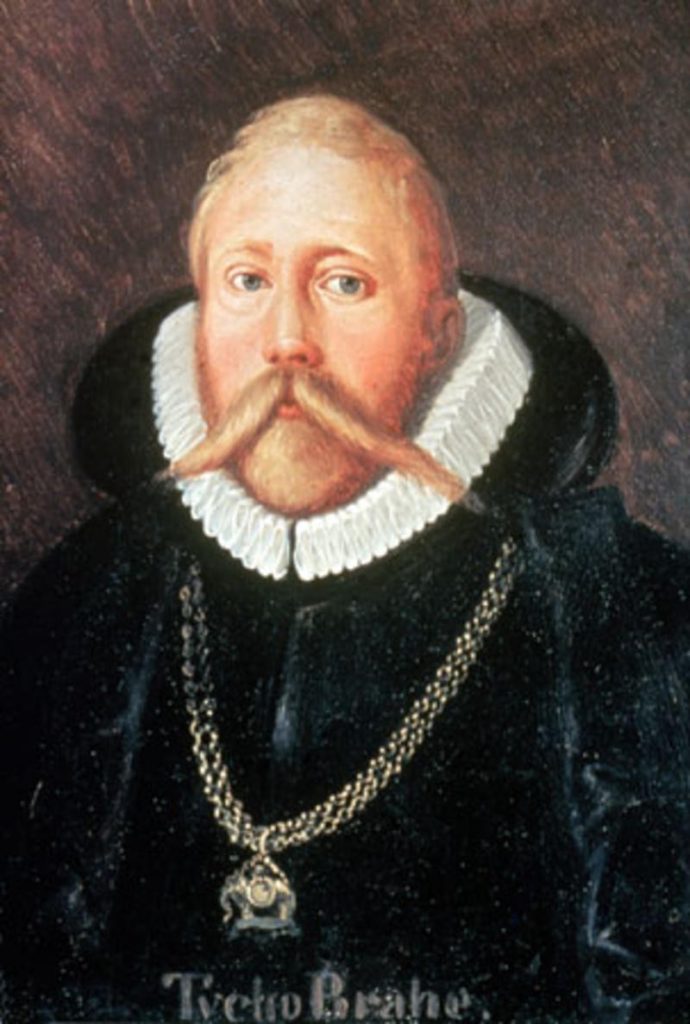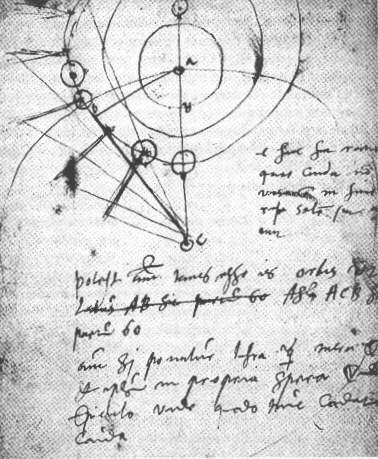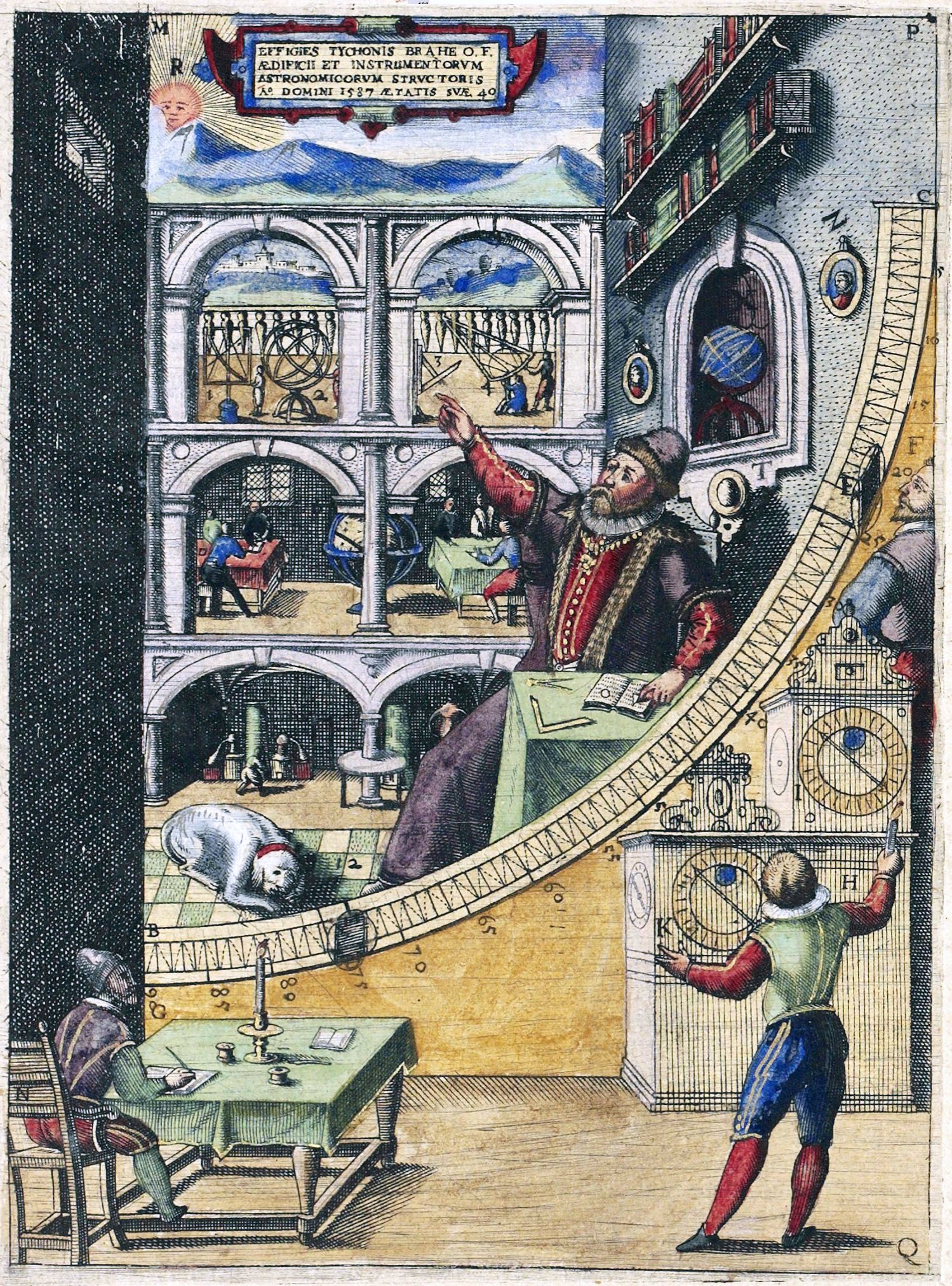Do you “fucking love science”? I see the tag line all the time.I am often dubious about it. I am not alone in this. One of the questions I ask myself when I read the post having this line is, “who does the author think is the most important person in revealing the heliocentric nature of the solar system.”
Usually, it is Galileo. This marks their love as the secular equivalent of a WWJD wrist band. The next most common is Nicolaus Copernicus. It garners a similar reaction. I appreciate they know a bit more history and are less likely to go on an ill-informed anti-Catholic rant, however.
If I think they would say Johannes Kepler I buy their love. Kepler is the mathematician who put the heliocentric model of the universe on a firm theoretical footing. While we have moved beyond the sun at the center of the universe his laws of planetary motion are taught and are correct in analyzing orbits.

However, the answer that says to me someone fucking loves science is none of those men. Galileo is the easy answer that reinforces modern prejudices against people who were not privy to discoveries we take for granted. Such prejudices are often used to fuel an unearned sense of superiority. Copernicus is in a similar position, but is not the poster child for modern prejudices.
In the US, at least, Johannes Kepler was brought to prominence for a generation by Carl Sagan in the original Cosmos. As I said above, Kepler plays an important role and his revival by Sagan was much deserved. However, in reviving Kepler’s name into the common knowledge I believe Sagan dismissed the man who deserves at least as much praise as Kepler, if not more.
Sagan too readily dismissed Tycho Brahe.
You can make a good argument that Tycho Brahe invented modern astronomy. No, he did not turn the telescope to the skies. Galileo did that nine years after Brahe’s death. However, he invented many instruments to take more accurate readings of the positions of the stars and planets.

Brahe set out to get good observations. He believed, correctly, better observations were key to settling the issue of geocentric versus heliocentric. He built the equipment to make the needed observations at the highest precision possible. When he had observations he circulated them among his peers for their use and review. That is why I say he invented modern astronomy.
It is also why he is, to my mind, more important than Kepler. Kepler relied on Brahe’s observations to test his various formulations of laws of planetary motion. That is important, but I consider it the lesser reason Brahe deserves the top stop.
Brahe deserves the top spot because he did the experimental work. If you remember the outline of the scientific method outline taught in junior high school (for those not in the US, that is about age 12) it went something like this:
- Ask a question.
- Learn current knowledge.
- Formulate an answer based on current knowledge.
- Design and perform an experiment to test that answer.
- Re-evaluate the answer based on the experimental results.
Copernicus asked a question and formulated an answer. Kepler evaluated the answer based on experimental results.
Tycho, more than even Galileo, did the actual experiments. It is doing the experiment that is at the heart of science. It is doing the experiment that provides the feedback loop that tests answers and leads to their refinement or rejection. Both outcomes lead to better answers at the question.
Of the four people who are the big names in the shift from geocentric theories to heliocentric ones, Tycho Brahe was the one who focused on experiment, observation, and data the most.
Based on that data he maintained a geocentric universe, although his model was not that of Ptolmey. Brahe’s model, his answer based on observation, had everything orbit the Sun, except the Earth. The Earth, in his system, remained the non-moving center around which the Sun revolved.
Why? Because his observations indicated the Earth did not move. He had no observable parallax of the stars when observing them six months apart. He was able to calculate a distance that made that possible with the precision of his instruments. In the light of other known facts of the universe at the time the distances required seemed impossible.
We know that is wrong today, but to to understand the problem consider this. The nearest star system to ours is the Alpha Centauri system. It is 4.3 light years away. At that distance the amount of paralex observable on a 2 AU baseline is 754.81 ± 4.11 milliarcseconds. For us mortals that is 0.00020967 degrees plus or minus a tiny amount.
On top of that, the Alpha Centauri system isn’t visible from Denmark, where Brahe lived. The parallax he needed to observe was even smaller. In fact, stellar parallaxes were not measured until over two and a quarter centuries after Brahe’s death.
Not only that, because of the devotion everyone, including Kepler at that point, had to circular orbits Brahe’s model was simpler than Copernicus’s when it came to explaining observations. Both used the same idea of epicycles Ptolmy used, but Copernicus needed more. Only when Kepler used ellipses was he able to build a simpler system than Tycho in explaining the universe.
So, at his death, Occam’s Razor was giving Brahe, and his geocentric universe, the advantage. Even when Galileo turned the telescope to the sky nine years later and discovered the phases of Venus, Brahe’s system was able to explain that observation.
It is easy to look back from five centuries of work and discovery by hundreds of people and reject Brahe’s importance because he was ultimately wrong. However, that shows a lack of humility on our part and, I would argue, a distrust of science. His model was the best fit for the observations, observations he had made to advance knowledge of that question. He was doing science right. That his partner, using his observations, found a simpler model after his death is not proof of insufficiency on the part of Tycho. It is a proof of the superiority of his key value, making observations to test theories.
Any good scientist can be revised after new data comes in leaving his model rejected, as happened to Tycho. Other scientist’s systems are found incomplete, but are still used in restricted circumstances where its errors are not relevant. Newtonian mechanics is a prime example.
We so often credit the theoreticians with the top spot in popular culture, especially in physics. If you do fucking love science, you should give the experimenters equal billing at least. In my not so humble opinion, the top bill should be to the experimenters alone.


[…] in school, about why the Catholic Church resisted the Copernican model of the solar system. I have written some about the intermediate steps between the old Ptolemaic model and why, although heliocentric […]
[…] The second is a strong sense of delight in a better answer. Instead of feeling superior to Tycho Brahe because he wasn’t as close to the truth about the motion of the Earth as Galileo, marvel at his […]